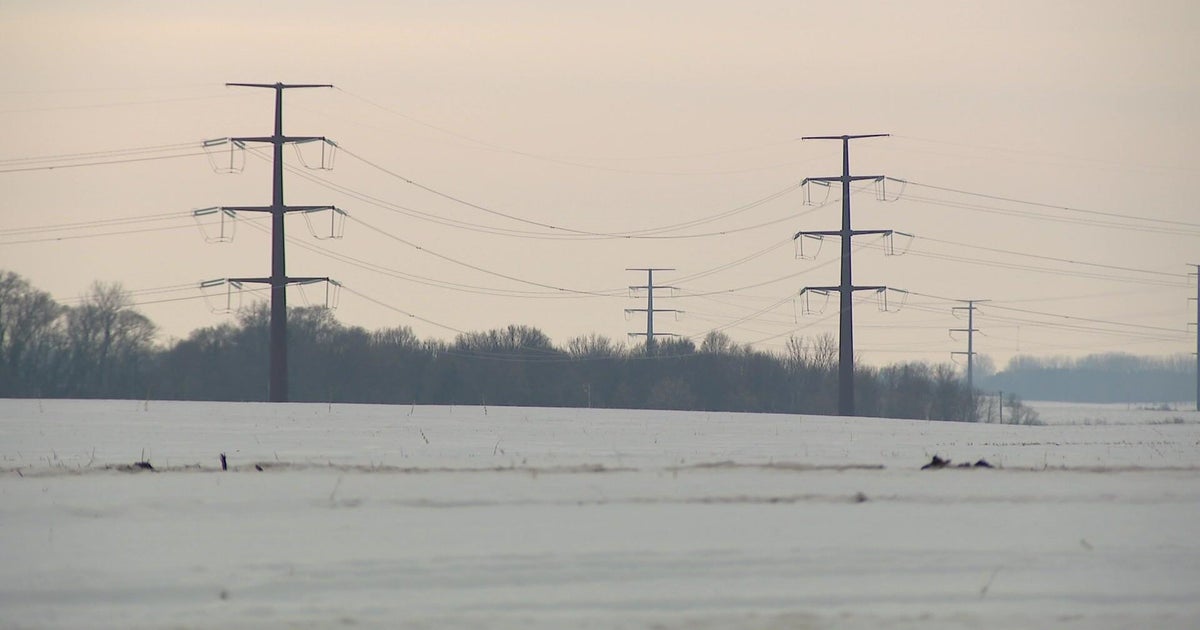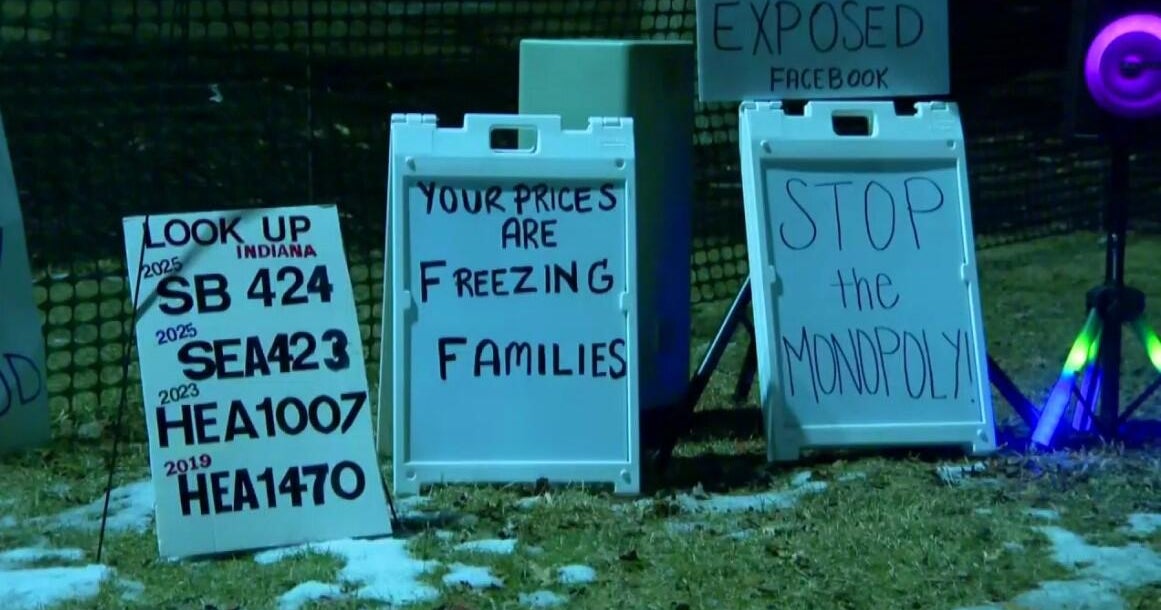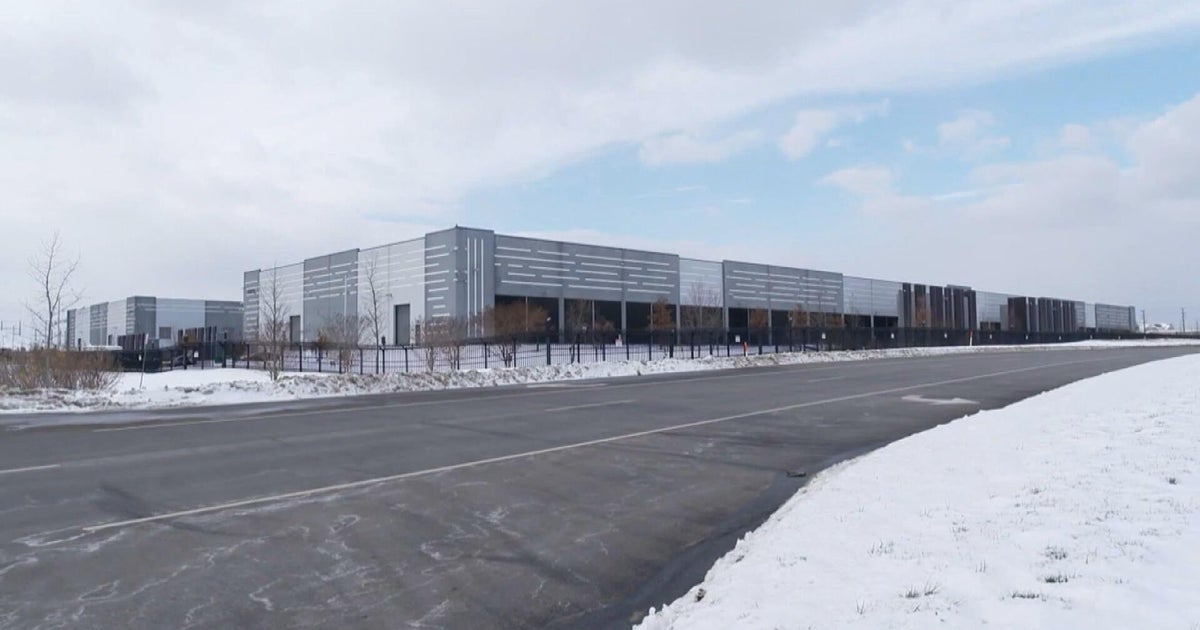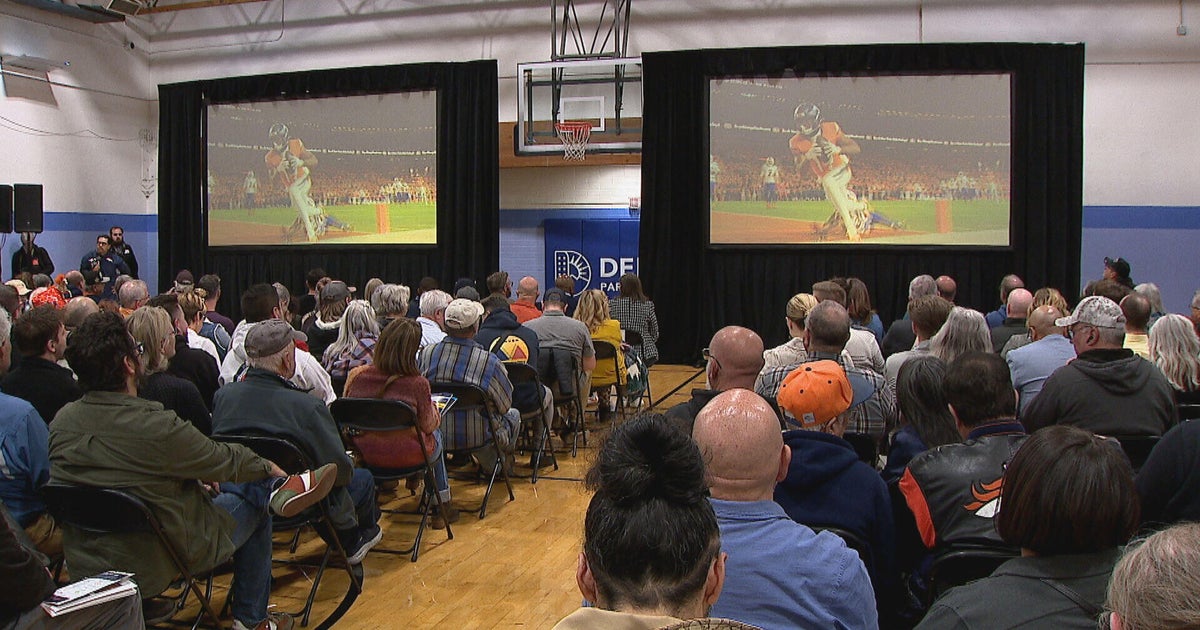ND Regulators Refuse To Endorse Minnesota Solar Projects
BISMARCK, N.D. (AP) — North Dakota utility regulators said Wednesday that ratepayers shouldn't get stuck paying for expensive and unneeded solar-generated electricity from neighboring Minnesota.
Minneapolis-based Xcel Energy Inc., which has about 87,000 customers in North Dakota, is proposing a trio of solar projects to comply with Minnesota's mandate that investor-owned utilities get 1.5 percent of their power from the sun by 2020, and 10 percent by 2030.
North Dakota law allows utilities to seek an advance review, called a "determination of prudence," of whether regulators believe a project is a good idea and companies can charge ratepayers to help fund it.
The three-member North Dakota Public Service Commission voted unanimously to deny the request, saying in a joint statement that the proposal would "increase cost to North Dakota customers without corresponding benefits."
"This energy isn't needed to meet customer demand and it isn't least cost," said Julie Fedorchak, who heads the commission. "North Dakota customers shouldn't have to pay for policies they had no say in creating."
The three proposed projects would create 187 megawatts of electricity, or enough to power about 41,000 homes, the company said. Two of the proposed projects are located in southwestern Minnesota, near Marshall and Tracy. The third is proposed at North Branch, about 40 miles northeast of Minneapolis. The company would not disclose the cost of the projects.
David Sederquist, an Xcel senior regulatory consultant, said construction of the projects is slated to begin this year, with completion late next year. The projects will move forward without the nod from North Dakota regulators, though the company will continue discussions with them, Sederquist said.
Xcel spokesman Mark Nesbet said North Dakota ratepayers would not be subsidizing the projects.
Xcel serves electric customers in Fargo, West Fargo, Grand Forks, Minot and several smaller communities. It gets 38 percent of its energy from coal, much of which comes from power plants in western North Dakota.
(© Copyright 2015 The Associated Press. All Rights Reserved. This material may not be published, broadcast, rewritten or redistributed.)







